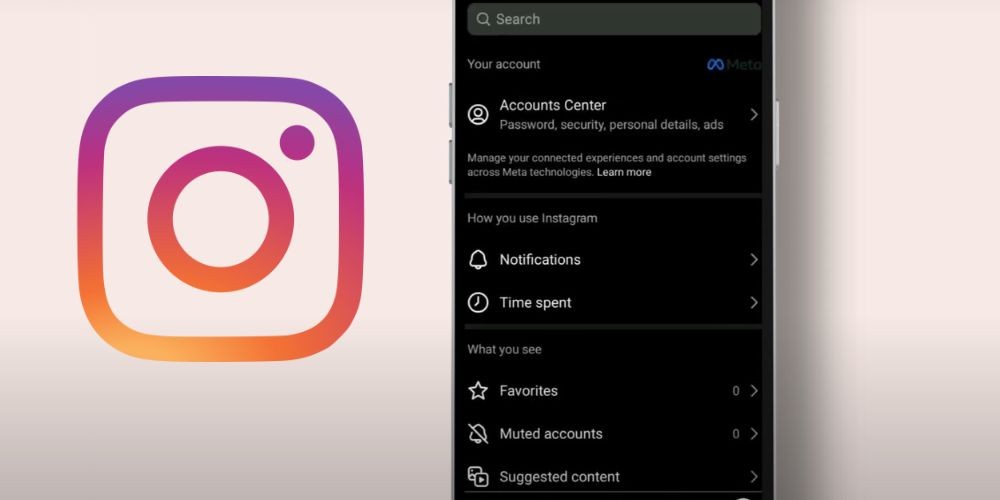Instagram's New Broadcast Channels Features: The Ultimate Guide for Creators
- 511

Instagram has recently unveiled a suite of new features for its Broadcast Channels aimed at creators who have an audience exceeding 10,000 followers. This latest update enhances the utility of Broadcast Channels by allowing for more direct communication between creators and their dedicated fanbase. With Instagram's user base gravitating increasingly towards private messaging, these additions promise even greater engagement and a richer interaction experience.
First among the updates is the new option for channel-specific IG Live broadcasts. This feature allows creators to run live sessions exclusively for channel members. This unique perk incentivizes fans to join the broadcast channel, reaping the benefits of direct, intimate interaction. Imagine offering fan-only Q&A sessions or behind-the-scenes content that only your most loyal followers can access.
In addition to live streaming, Instagram has also introduced custom themes for Broadcast Channels. Creators can now personalize the chat background with any picture of their choice. This means that beyond just textual updates, channels can reflect the personality and branding of the creator, giving fans a visually enriched space to engage with content.
Another significant update is the ability for channel owners to control the emojis that can be used by community members in the chat. This moderation tool helps maintain the desired atmosphere and keeps interactions in line with the channel's ethos. Such customization ensures a tailored and harmonious interaction environment, bridging creators closer to their audience.
Lastly, Instagram is rolling out QR codes that direct people straight to your Broadcast Channel. This smart, easy-to-use promotion tool can be integrated across various media – from social posts to print materials. By simply scanning the QR code, new fans can effortlessly join your channel, expanding your community and amplifying your reach.
Instagram's new upgrades to Broadcast Channels offer creators innovative ways to engage deeply with their audience. The channel-specific IG Live broadcasts, custom themes, emoji control, and QR code integrations collectively make fan interaction more exclusive, personalized, and streamlined. As private messaging becomes the preferred mode of communication among Instagram users, these updates equip creators with powerful tools that keep them connected and relevant, ensuring that their presence remains robust and engaging.
